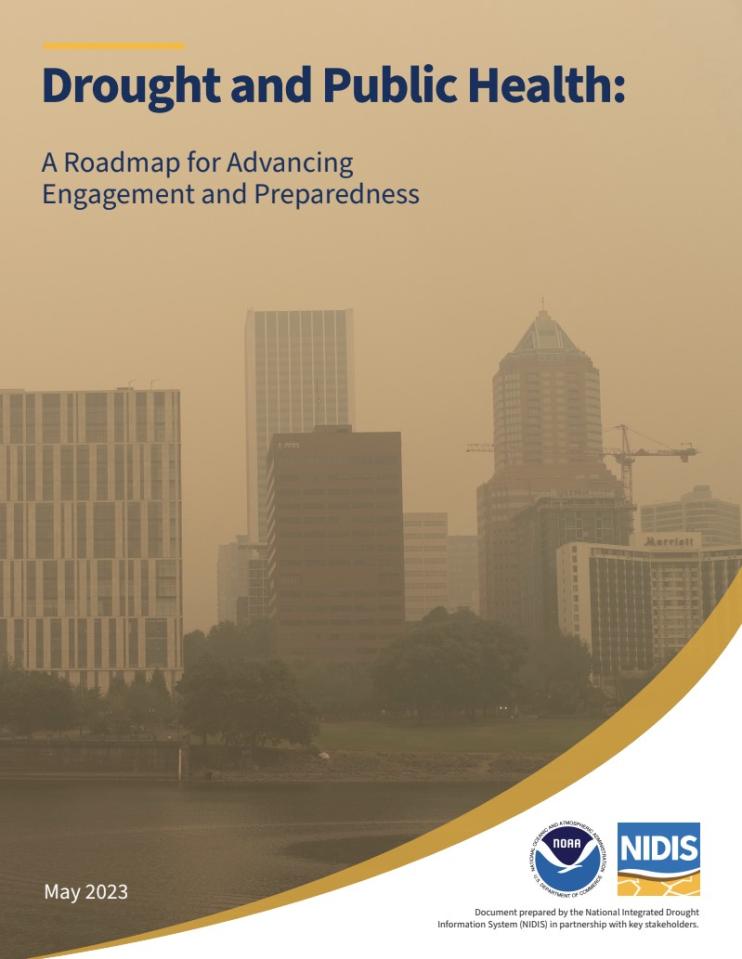Scoping Future Opportunities for Interaction Between the Drought and Public Health Communities

Over the last century, droughts caused more deaths internationally than any other weather-related extreme event (floods, hurricanes, etc.). Droughts in the United States, however, are not generally thought of as public health threats, even though there are known associations between droughts and negative health outcomes. By better understanding the linkages between droughts and human health, we can help properly prepare public health agencies for drought-associated health impacts, which, in turn, can reduce health risks and save lives.
More work is needed on understanding the impacts of drought on human health in the United States. Building on the NIDIS and University of Nebraska Medical Center–hosted 2019 Drought and Public Health Summit, collaborators organized 5 regional tailored workshops on drought and health to:
- Strengthen the linkages between drought and public health to identify opportunities for NIDIS to engage in drought-health partnerships and alliances.
- Continue to grow and coordinate a team of national and regional drought and health partners.
- Develop regional public health partnerships through the regional Drought Early Warning Systems to help inform the creation of communication tools and efforts on drought impacts.
- Develop a draft of a Roadmap for NIDIS and partners on drought and health.
- Provide information and guidance for the Public Health web pages on drought.gov (see Data and Maps and By Sector).
For more information, please contact Amanda Sheffield (amanda.sheffield@noaa.gov).
Research Snapshot
Jesse Bell, University of Nebraska Medical Center
What to expect from this research
- Development of regional and national partnerships through 5 regional workshops and integration of the public health sector into the regional Drought Early Warning Systems:
- Pacific Northwest Drought and Human Health Workshop, October 19–20, 2022
- Upper Missouri River Basin Drought and Human Health Workshop, April 12–13, 2022
- Carolinas Virtual Drought and Human Health Workshop, September 23–24, 2020
- Southwest Drought and Human Health Workshop, February 26–27, 2020
- Midwest Drought and Human Health Workshop, November 20–21, 2019
- Roadmap identifying the role of NIDIS and other partners on drought and health activities built from consulting with local, state, federal, tribal, and academic stakeholders: Drought and Public Health: A Roadmap for Advancing Engagement and Preparedness.


